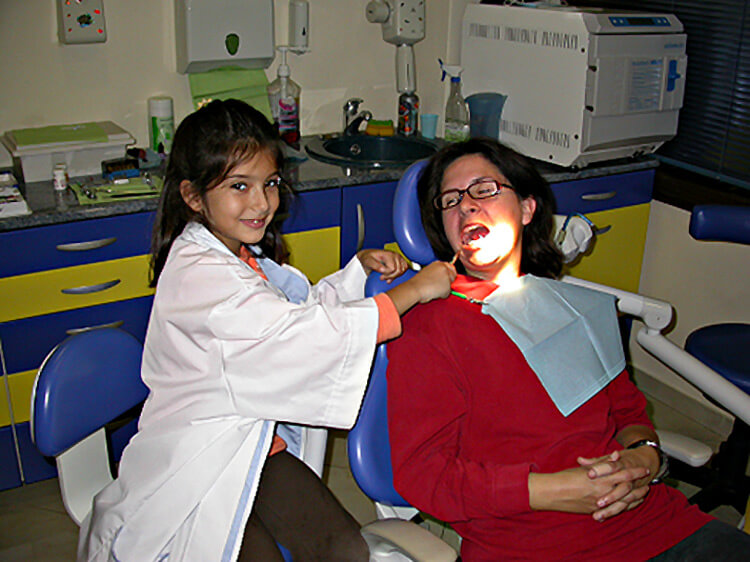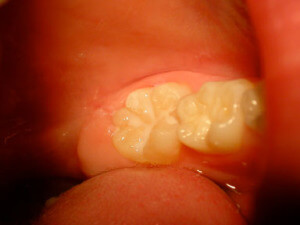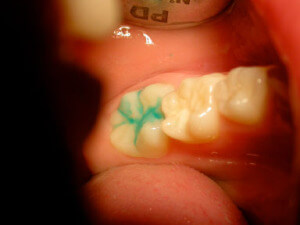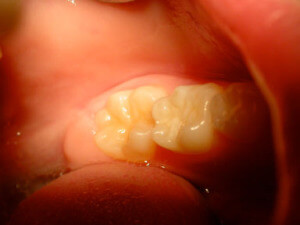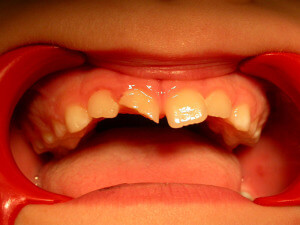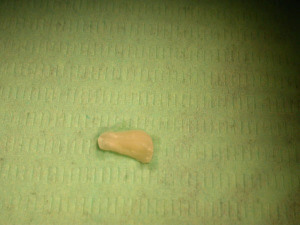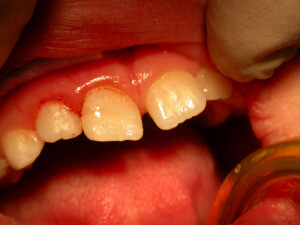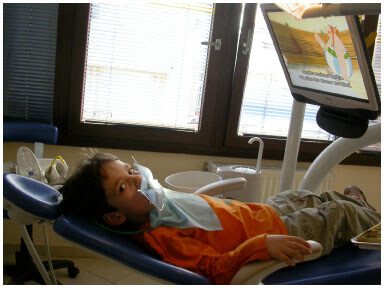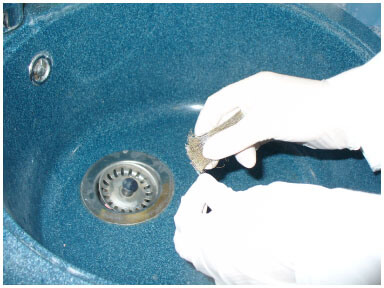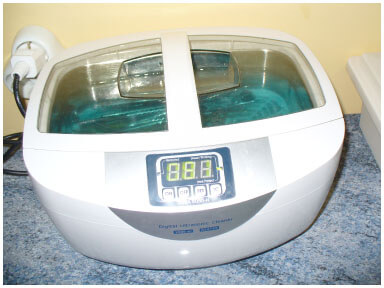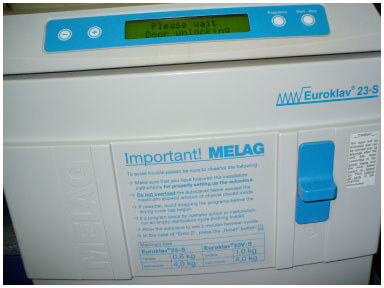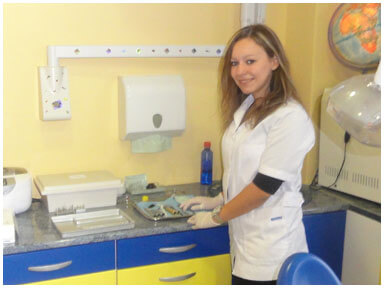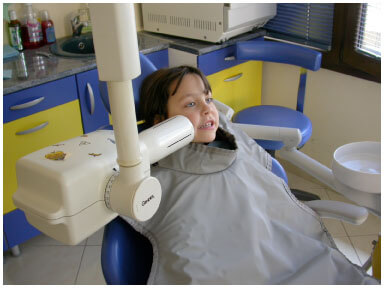
Radiographs (X-rays)
Radiographs are taken only when necessary and not routinely. The minimum exposure to radiation is ensured as many different factors are regulated properly. A lead apron is always used to provide maximum safety to the patient. In addition, the whole radiological equipment has been checked and approved by an accredited radiation physicist, in order to ensure the staff’s and patients’ protection.

